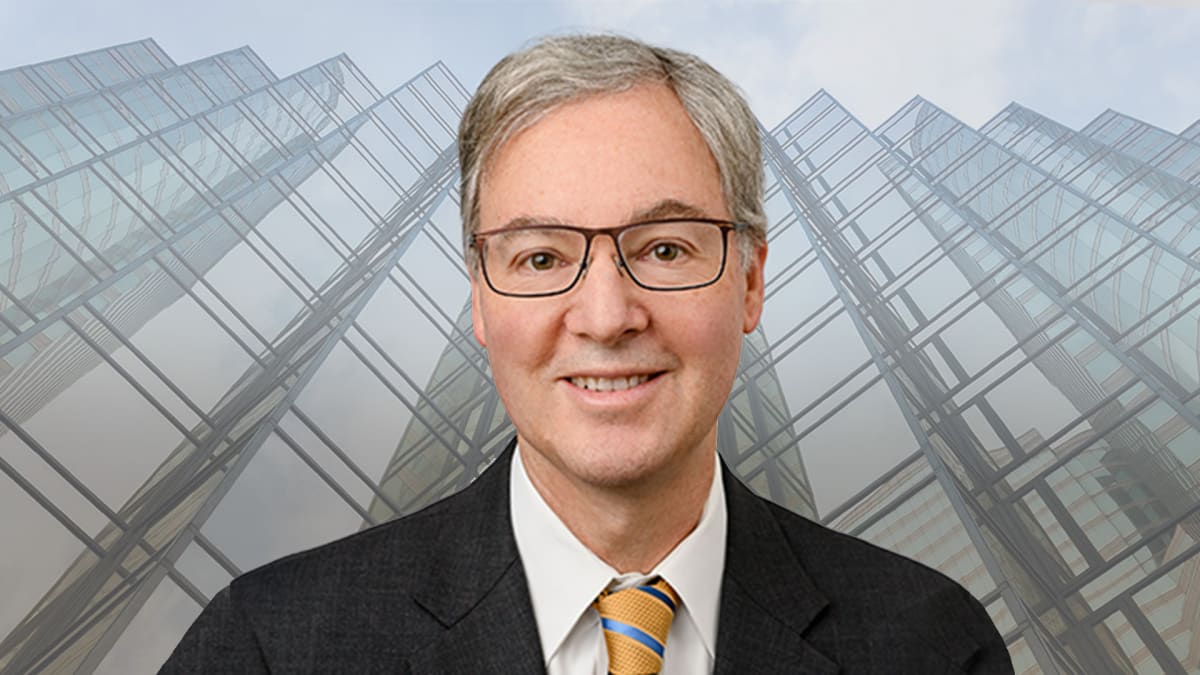
The stock market hasn’t moved much over the past seven weeks, and that trend may well continue for the rest of the year, says Michael Sheldon, chief investment officer at Hightower RDM Financial Group.
The outlook is uncertain for the economy, interest rates and inflation, he said. And that means an uncertain outlook for stocks too. He favors large-cap stocks over small-cap and sees opportunities in value and foreign stocks.
Here are Sheldon’s comments on those topics and others.
TheStreet.com: What’s your investment philosophy?
Sheldon: We try to hit singles and doubles and stay away from volatile investments. We invest in growth stocks, value, large-cap, small-cap, U.S. and international. We will tilt short-term to the more attractive parts of the investment universe, but won’t take on too much risk. For the past 10 years we have been overweight growth versus value, large-cap versus small-cap and U.S. versus foreign. That has worked out well.
TheStreet.com: What’s your outlook for the stock market for the rest of the year?
Sheldon: The market had a good start to this year, but it’s been challenging. Three sectors of the S&P 500 have been up double digits – technology, consumer discretionary and communications services. But five sectors have been negative -- energy, utilities, financial services, healthcare and real estate.
And while the S&P 500 [which is weighted by market capitalization] is up 9.3% so far this year, the equal-weighted S&P 500 is up only 1.4%. Only 45% of stocks are above their 200-day moving averages. It’s a small list of growth stocks leading the market. A significant amount of stocks aren’t participating.
One of the challenges this year is that investors haven’t had a lot of conviction. The market has been range-bound. Some of the big questions are: is the Fed done raising rates? How quickly is inflation coming down? What’s the outlook for earnings? What’s the impact on credit from the regional bank problems?

RDM Financial Group
Consumer spending, which is two-thirds of the economy, has held up well. Unemployment is at close to a 50-year low. Wages are rising more than 4%, though the pace has slowed. Despite layoffs, most people who want jobs can get them.
The most important indicator is weekly jobless claims. That number has started to drift higher. But previous moves have been substantially higher before recessions. We need weaker consumer spending for the economy to really turn lower. We haven’t seen that yet.
TheStreet.com: So it sounds like the market has an uncertain outlook for the rest of the year.
Sheldon: Yes, we could be range-bound for the next couple quarters. There’s uncertainty over the economy, earnings and interest rates. It’s hard to say we’re completely out of the woods yet.
But inflation has peaked, the Fed is near or at end the of its tightening cycle, and earnings are likely to be higher in 2024 compared to this year. So it’s a matter of how these factors – and most importantly, consumer spending – play out.
TheStreet.com: Is a recession likely?
Sheldon: For the last nine recessions, unemployment has gone up 3.5 percentage points from the bottom to the top. This time, it’s unlikely to move much higher. If there’s a recession, it’s likely to be shallow.
TheStreet.com: What are some of the themes you see in the market?
Sheldon: It pays to be overweight U.S. large-cap versus small-cap. About 40% of companies in the Russell 2000 [small-cap stock index] are unprofitable. Until there is more evidence we’re coming out of the economic slowdown, large-cap should have more stability.
Meanwhile, though growth has outperformed value so far this year, over the next few years, there’s likely to be more balance. Growth outperformed value for the last 10 years. But that was during a low interest rate period that’s unlikely to repeat.
[Looking at geography], investors dipping into foreign markets were burned over the last 10 years. It was better to be invested in the U.S. But these things run in multi-year cycles. The dollar looks like it peaked last fall. And if it has, investors should look for a little more exposure overseas. [A falling dollar helps U.S. investments overseas by making them worth more in dollar terms.]







